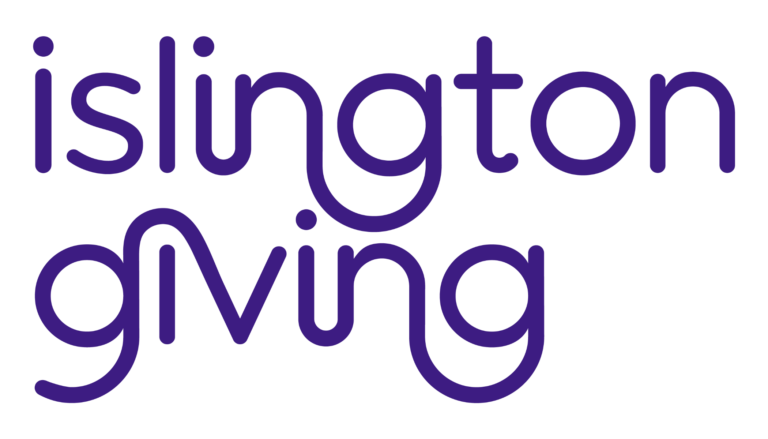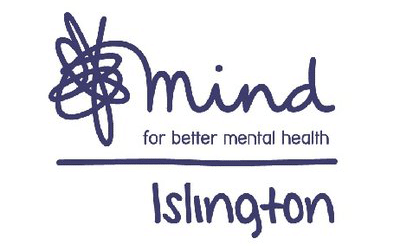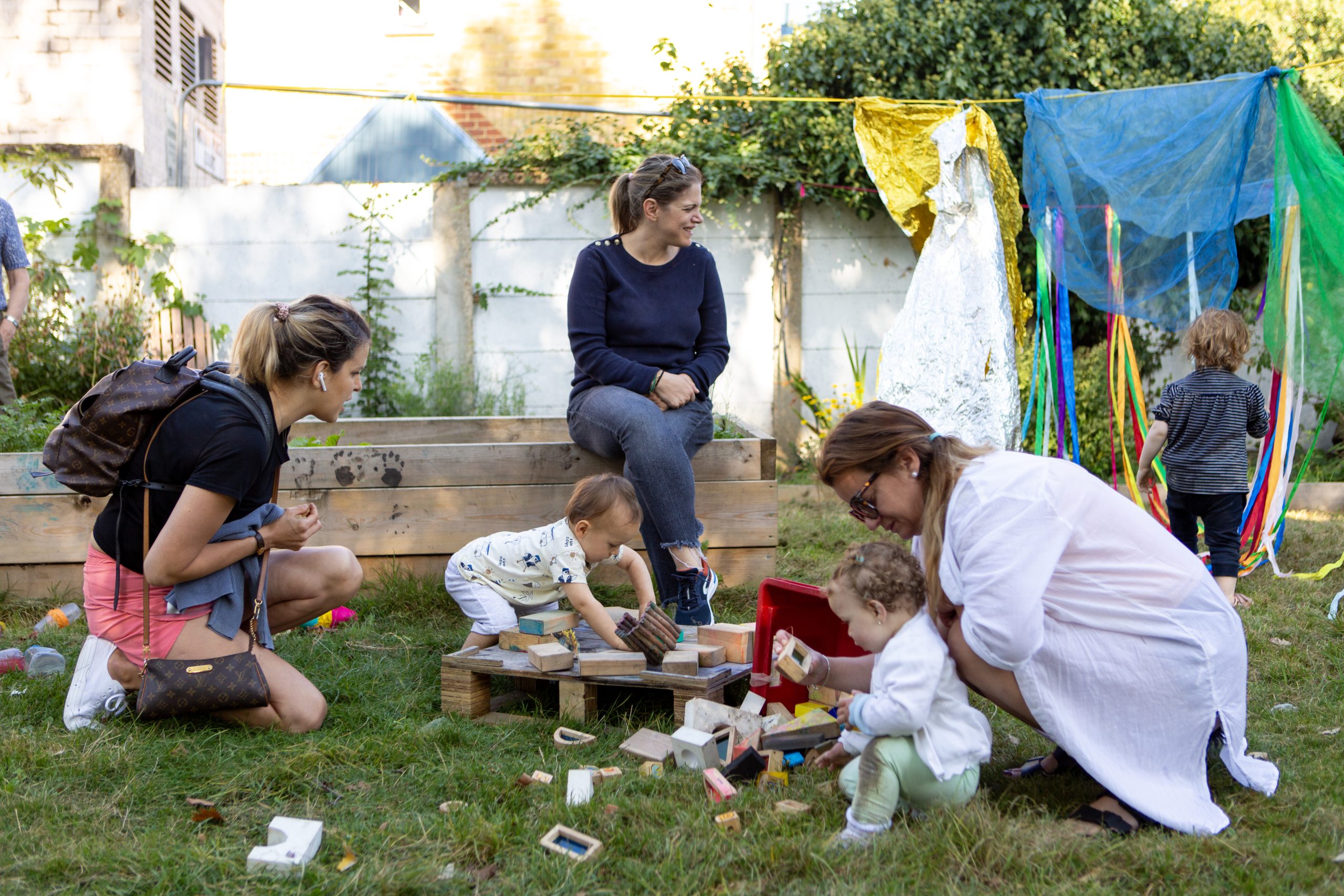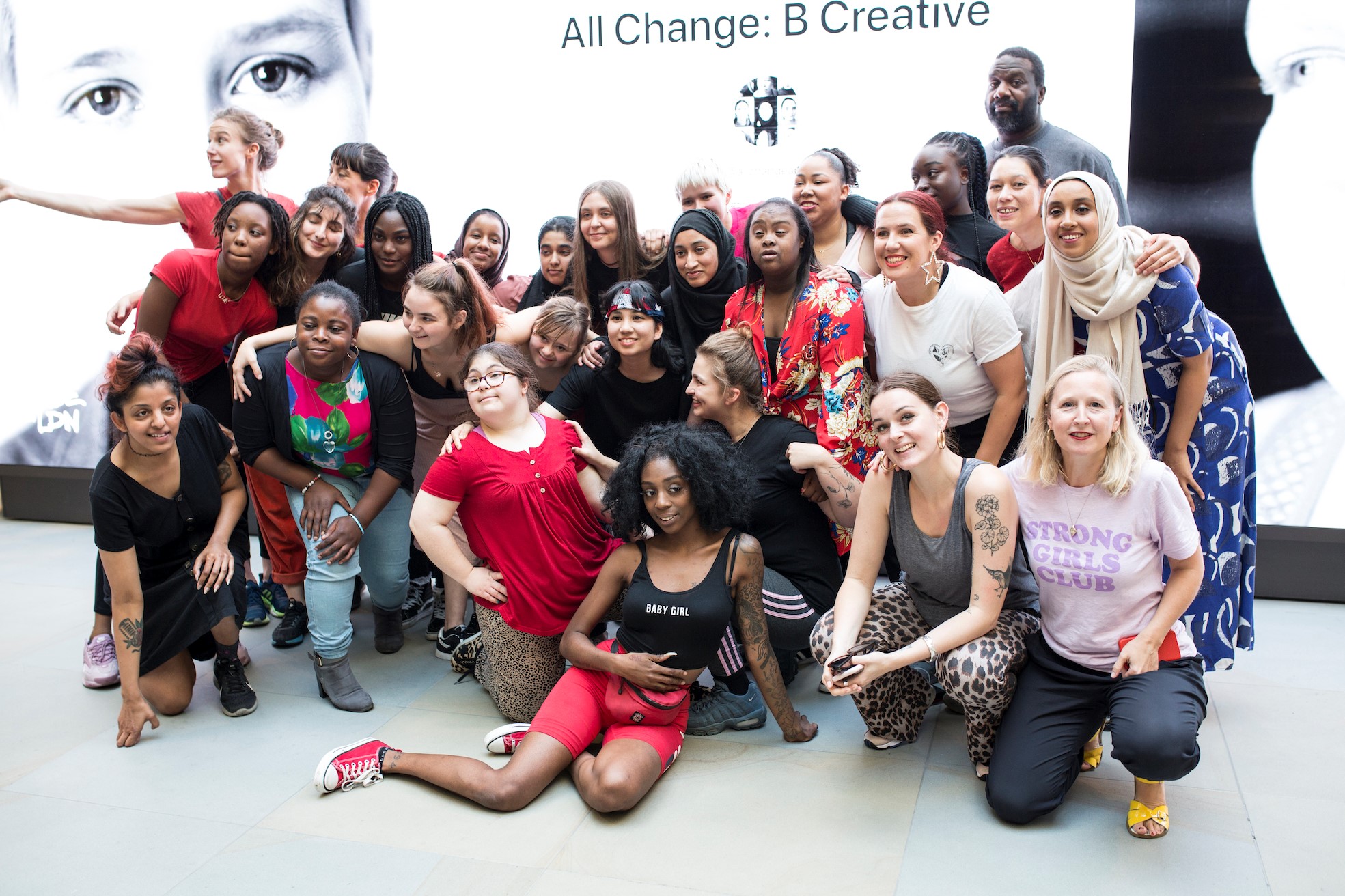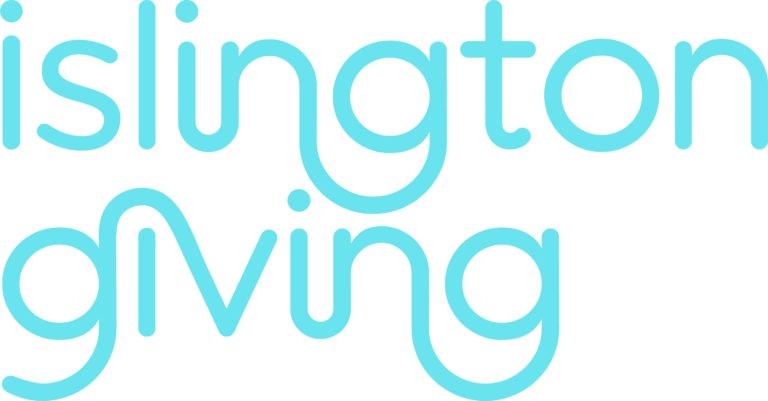Interview with Sigal Avni, Assistant Director at Islington Mind:
How has lockdown and the pandemic impacted the clients you support?
Covid-19 and subsequent lockdown measures have disproportionately affected LGBTIQ+ people, many of whom already lived with multiple disadvantages. Our LGBTIQ+ clients tell us they’re cut off from their regular communities and support networks, leaving them feeling isolated, especially if they’re living closely with unsupportive family or housemates. In some cases, clients are having to spend more time with people who they are not “out” to, and therefore face constant fear of discovery of their sexuality/gender-identity. Compared to the general population , more LGBTIQ+ people are facing long-term health problems, domestic and intimate abuse and/or discrimination, and homelessness, which is worsened by the current emergency, and under-reporting of these issues among their community.
LGBTIQ+ asylum-seeker clients are impacted by insecure and/or overcrowded housing, lack of access to proper hygiene facilities, and increased risk of infection and serious complications due to social inequalities that disproportionately affect BME people. Usual routes of support have been severed: our clients who have no recourse to public funds and who would usually rely on the goodwill of friends for small amounts of cash, or charities offering free food, have found it extremely difficult to generate income and have become reliant on hardship funds. These factors contribute to distress, depression and anxiety for people already experiencing the effects of poor mental health.
As many existing services disappear or are currently limited, we are seeing an increased demand for our services, both from new clients experiencing difficulties for the first time since the crisis began, and from our existing service users who are looking for additional support.
How have you been supporting your clients?
Our staff have been working from home to continue our services , offering one-to-one and group interaction via phone , text, email, and video chat. Our LGBTIQ+ service, Outcome, has been working to keep up contact with new and existing clients, maintaining a wide selection of weekly activities in a safe space online, such as art sessions, women-only groups, asylum seeker and refugee-only groups, and a general online drop-in.
Our regular chats and consultations have been vital in identifying their immediate needs and have helped us develop and improve our response.
Additionally, we have kept up our essential work with LGBTIQ+ asylum seekers and refugees whose hearings, interviews, and court dates begin to resume through telephone consultations and email support.
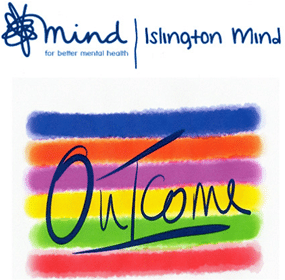
What added layers of difficulties do they face, particularly trans people?
Since lockdown began, many of our trans clients have had difficulty accessing their hormone medication as GP visits become less accessible and their treatments may be listed as “non-vital”. Likewise, planned surgeries have been suspended or cancelled, and appointments at gender identity clinics that already have extensive waiting lists have further been delayed. This, combined with the lack of movement and physical activity enforced during the early stages of lockdown, has triggered gender dysphoria for many clients who had previously expected to undergo significant physical changes. Their difficulty in accessing hormone medication has also significantly delayed many transitioning processes. These delays and postponements have led to great distress, and compounded existing mental health issues.
Keeping up private, confidential access to resources is also a problem for both our trans and LGBIQ+ clients, especially if their living situation means they are unable to live safely as their gender-identity at home. There is significant concern about potential changes in UK legislation affecting trans people, as well as prolific misreporting and misinformation regarding the safety of same-sex spaces spread by UK news media, which is understandably contributing to their anxiety during this difficult period. At a time when transgender people are facing a higher level of disruption and isolation, they are finding their normal routes to support and assistance are disappearing or inaccessible, with generic services lacking the understanding and knowledge of trans or mental health issues needed to assist them effectively.
How are you celebrating Pride Month?
We encourage our service users to lead the way in celebrating their wider community, local heritage, and personal achievements. This year, we are adapting to the challenge posed by Covid-19 measures by “Taking This Digital”, reaching out more than ever to our LGBTIQ+ clients for contributions and stories. We hope that, during these challenging times, we can still come together for Pride Month to create a space for friendship, solidarity and celebration.
We have organised three events that will take place in our drop-in sessions online: a Pride themed quiz, designed to celebrate and celebrate; a client-led performance session, wherein clients share dances, poetry, songs, or short stories they have created during lockdown; and a “show and tell”, where clients are encouraged to speak for 5 minutes on an object or concept that appeals to them in relation to the Pride month.
We are always working with our clients to make sure our service is led by them, and so we expect to plan for more Pride celebrations in the near future in response to demand.
If someone in Islington thinks they could need some help from Islington Mind, what’s the easiest way to get in touch?
We are responding to self-referrals which can be made through forms available on our website. For any questions, or for more information, please call our office (open Mon-Fri 09:30-17:00) on 020 3301 9850
If the specialist LGBTIQ+ service that Outcome offers is more relevant to you, as a member of the LGBTIQ+ community, then more information is available, or you can call the team on 020 7272 5038 on Tuesdays or Wednesdays, or email sigal.avni@islingtonmind.org.uk
And if someone wants to volunteer their time with you?
We are grateful for the continuing efforts of our volunteers who are working through difficult and changing circumstances to support our clients through one-to-one support, activities, and practical assistance. We anticipate a need for additional volunteer assistance in our day provisions, activity groups, and Enablement service, after lockdown is lifted and our centres are re-opened. We ask that volunteers are able to commit to one day a week for one year, and that they apply through our website.
Those who are interested in supporting our LGBTIQ+ specialist Outcome service should identify as LGBTIQ+ and be able to commit at least a year to volunteering one day a week. We also run a LGBTIQ+ sports project, and are recruiting volunteers who have experience or enthusiasm for accessible sports and facilitating social integration into the wider community. Please contact sigal.avni@islingtonmind.org.uk for further info.
Read the interview with MEWSo, an organisation in the borough that makes space for LBTQ+ women to feel safe, empowered and able to speak out.
